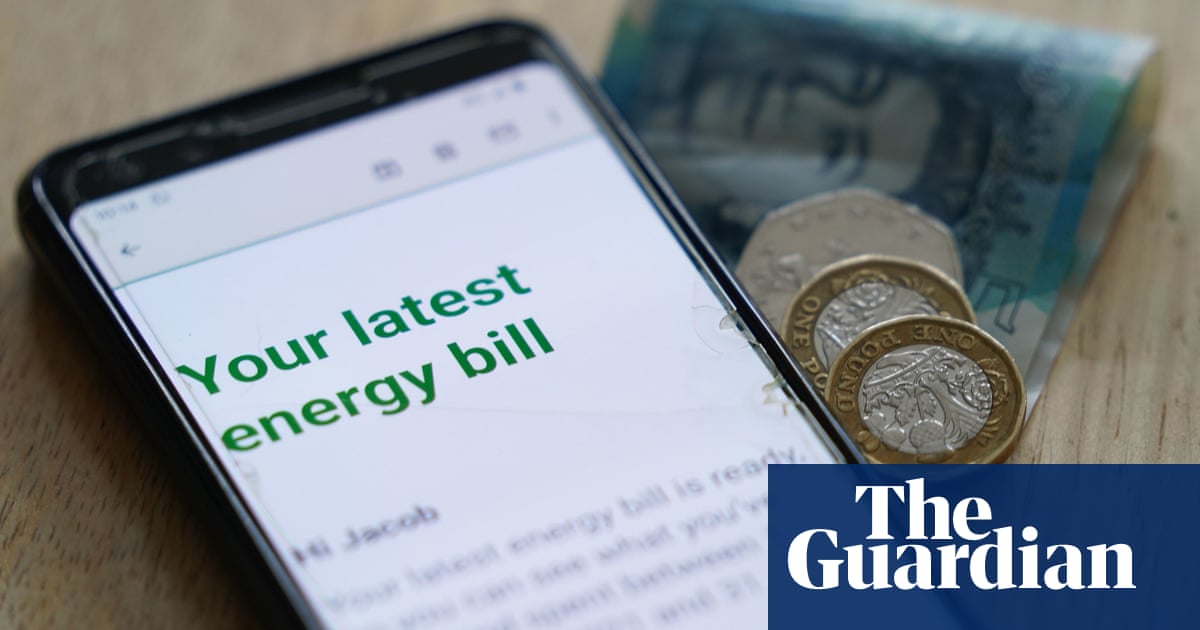
The substantial increase in Egypt’s budget deficit has prompted our government to adopt a single solution: Removing subsidies for fuel and utilities while increasing its service fees. The government is trying to reduce its debt by plunging its long arm into the pockets of its citizens, while Egyptians are attempting to cope with inflation by creating holes in the government’s loose and relatively deep pockets to augment their incomes. This is a two-way deceitfulness that has a detrimental effect on economic growth possibilities.
“I am in the business of selling metro tickets, not advertisements,” replied the director of the Cairo Metro company when asked why it does not resort to placing advertisements to cover some of its losses. In roughly a year, the Metro company, which reported a debt of EGP 500 million ($28 million) for the last fiscal year, has quadrupled the price of its basic route ticket and applied additional price hikes on fares for longer routes. However, our executives, who tend to be single track-minded (and explicitly proud of it), discard all externally generated ideas.
On the matters of creating wealth and cutting expenditure, the Egyptian government, and Egyptian citizens in general, tend to be restricted. Spending substantial portions of their budgets on unnecessary items and being unable to differentiate between pressing current needs and optional future cravings, they believe that a single source of price increase generates more revenue; and so decline to explore new methods to generate revenue or minimize expenses.
The Egyptian state tends to think in terms of numbers rather than value and believes that it needs to increase its resources constantly to finance its economic development and social justice programs. This approach often concludes in creating a mental barrier that impedes project revenue optimization and leads to the establishment of new solidarity funds that keep expanding and eventually become difficult to abolish.
As a consequence of the latest oil price increase (to a high of $75 a barrel), the cost of Egypt’s fuel subsidy will increase by EGP 70 billion to a total of EGP 170 billion in next year’s fiscal budget. To minimize the effect of the oil price increase on its budgetary expenditures, the government has already increased water prices by roughly 40 percent and electricity prices by 21 percent. Additionally, the price of fuel, which has almost quadrupled in the last four years, continues to be subsidized.
Inflation exceeds yearly incomes substantially, commercial enterprises tend to immediately pass on any incremental costs to their customers, expanding family size is engendering additional demands, and obtaining a second job is a challenge
Mohammed Nosseir
The government believes in a single policy: Overcharging citizens who consume more while scaling down prices for those who consume less. This policy only moderately affects the tiny segment of wealthy Egyptians, significantly pressurizes the middle-class and causes true suffering for the poor. Meanwhile, the government declines to offer segmented value-added services, wherein charges would be based not on the scale of consumption, but on the services received, with the wealthy having the option to pay substantially higher charges for superior services.
The Egyptian government has been charging entry fees for all the Mediterranean Sea beaches in Alexandria, collecting a very negligible annual amount, while preventing millions of poor citizens from enjoying the sea. By segmenting the beaches, the government could generate more revenue, keep beaches clean and tidy (something that is completely lacking today), and offer free beach space for poor citizens to enjoy.
For the majority of Egyptian families, the math is quite simple. Inflation exceeds yearly incomes substantially, commercial enterprises tend to immediately pass on any incremental costs to their customers, expanding family size is engendering additional demands, and obtaining a second job is a challenge; thus, families’ debts and suffering are accumulating. In fact, the Egyptian government’s fiscal budget mirrors that of any ordinary Egyptian family — but on a larger scale.
The Egyptian state believes that citizens will withstand the price increases as long as it restricts the online posts of a few activists who are inciting other citizens to resist the increases. However, if Egyptians are not able to cope with the cost of basic living, they will either revolt or disobey, without the need for inciters. Egypt is a rich country with its youth’s energy and its natural resources; we need a government that can better harness these energies and resources to yield more revenue.
Mohammed Nosseir, a liberal politician from Egypt, is a strong advocate of political participation and economic freedom. Twitter: @MohammedNosseir











